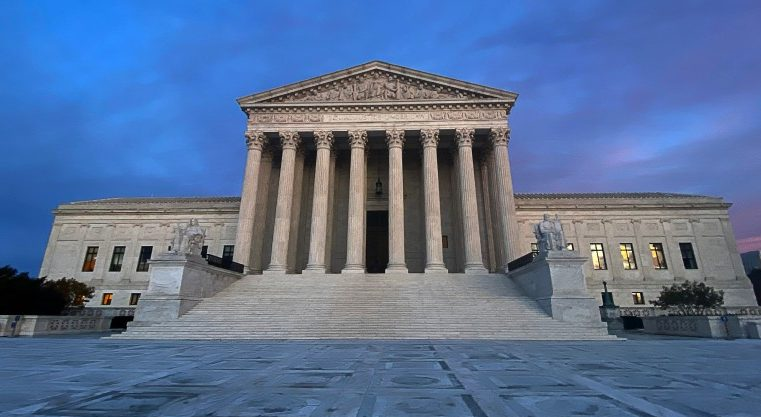Sometimes the fear of the thing is worse than the thing itself.
That is a conclusion one might draw from the latest Economist-YouGov poll that shows Republicans still leading Democrats in the Congressional generic ballot 45 percent to 40 percent despite a Republican president-appointed Supreme Court majority overturning the landmark 1973 decision Roe v. Wade and returning abortion law to the states.
The news comes amid a frantic push by President Joe Biden and Democrats to nationalize the question for the election by proposing epitomizing Roe in federal law, and somehow changing the subject away from the economy, the supply chain crisis, energy and food shortages and inflation for the November midterms. How’s that working out?
So far, not so much.
With 8.6 percent consumer inflation and a looming recession, 19 percent of Americans say jobs and economy is the top issue in the election, and another 9 percent say inflation. Only 7 percent said abortion was the top issue, even though abortion was leading every single news headline when the poll was conducted and President Biden was on television saying “The only way we can secure a woman’s right to choose and the balance that existed is for Congress to restore the protections of Roe v. Wade as federal law.”
It was such an urgent matter that almost nothing has changed in the Congressional race — yet.
But even on the issue of abortion itself, the public is far more divided on the outcome and reality of the decision that leaves abortion to the states.
Specifically, when asked “Should abortion laws be decided nationally or left to the states?” a similar percent, 45 percent, say it should be left to the states, and only 40 percent it should be decided nationally, presumably by Congress.
That includes 22 percent of Democrats, 52 percent of independents and 69 percent of Republicans, who all agree abortion laws should be decided at the state level.
This clearly creates an opening for Congressional Republicans to unapologetically defend the decision who might otherwise have similarly worried what the political fallout of a decision overturning Roe might be. And all they have to do is simply educate voters on what is actually in the Supreme Court’s decision, Dobbs v. Jackson Women’s Health Organization.
The ruling neither prohibits nor legalizes abortion, it simply states the matter is up to the states and that otherwise Roe was wrongly decided. That means there will be 50 different sets of laws, and every situation in each state will be unique, reflecting the political preference of those who reside there. It’s federalism in action.
Now, that doesn’t mean there aren’t limits politically to what can be accomplished on this issue, depending on where you live, but it also might mean that once voters realize their own state’s laws differ vastly from other states, it could be like ice cold water being poured on the issue.
For example, why should a voter in New York care what Mississippi’s abortion law is, really? Some will care for sure, the 40 percent that want abortion law nationalized, one way or another, but by and large, attention will surely shift to state governor and legislature races where the question matters more now.
And then you have the optics of members of Congress like U.S. Rep. Alexandria Ocasio-Cortez (D-N.Y.) demanding that federal lands be opened to abortion clinics, but not more oil and gas drilling in the middle of a global energy supply crunch. The campaign commercials almost write themselves.
In the meantime, Congressional Republicans running will just say, “We’re leaving it up the states,” and then otherwise note the critical importance of boosting American production of food and energy in order to address the supply and inflation crisis.
There’s still a lot of time, however, for public attitudes to set in after Roe. But so far, it looks like not much has changed politically as a result. Stay tuned.
Robert Romano is the Vice President of Public Policy at Americans for Limited Government Foundation.








